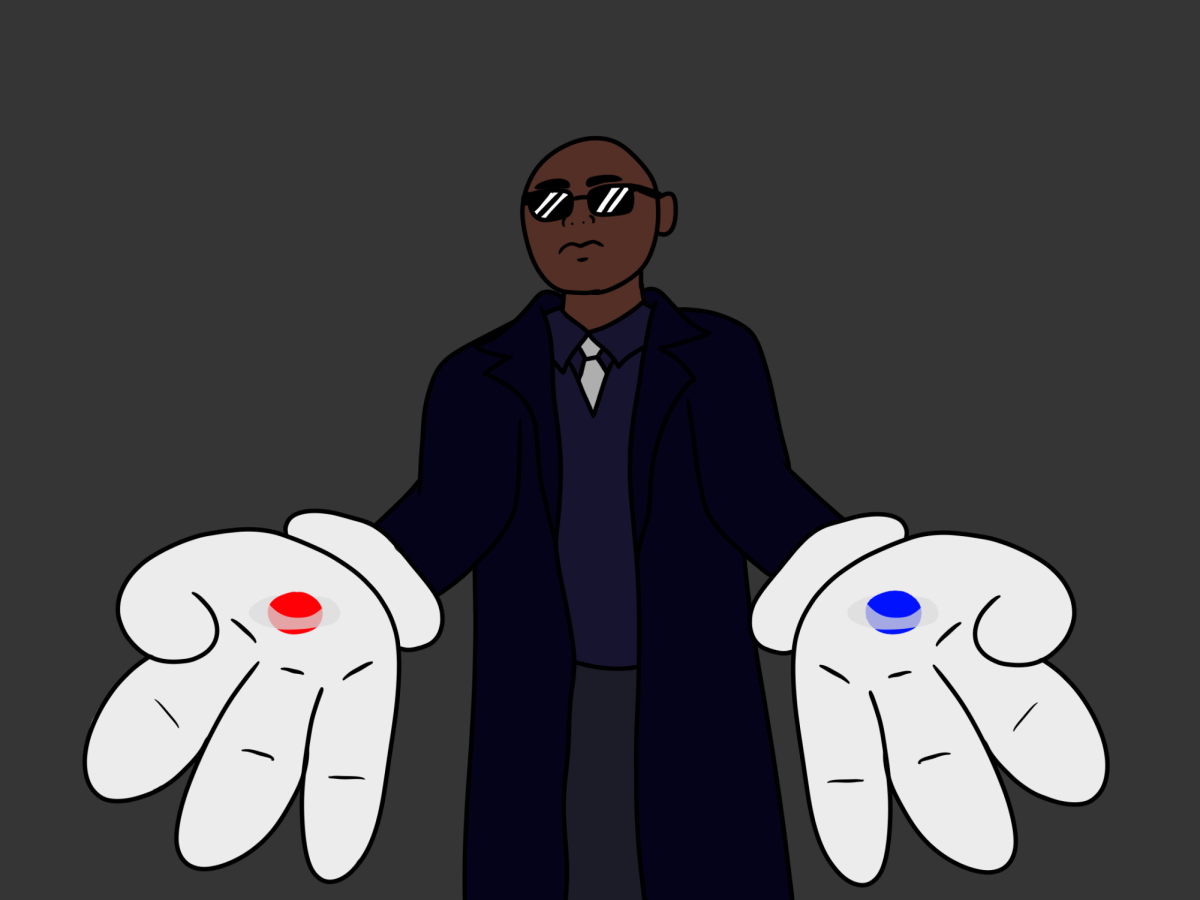Unlike the sound of musicals and spring plays, when people walk by the auditorium after school when the One Act performers take the stage they are more likely going to be hearing crying and destruction.
Inspiring many to become greater than they already are, One Act leads the way to new opportunities and a more diverse way of expressing one’s acting ability.
“One act is a nice break from the usual lollipop stuff we do,” said junior Matt Attig.
With death and war at the center this year’s competition play, “J.B.”, an adaptation of the book of Job, is unlike the previous plays done before.
“It’s solemn and sad,” said junior Claire Buendorf.
One Act is bringing new opportunities to the students who have the courage to take the role and become better actors.
“I have a secret passion for acting and One Act brings out both my acting and my competitive side,” said junior Sergio Salgado.
One Act is a play that does one act and competes at different schools. The running time of a one-act play is under 60 minutes; when typed in standard format, a one-act play is approximately 15-45 pages in length; there is no intermission in a one-act play. Albert Lea has done one act for years. They consist of one or more scenes and perform for many. Practices are two hours every day after school.
For Director Lilah Aas, One Act has blessed her with great students and a great technical director.
“One Act is extremely rewarding and is an excellent lesson in discipline and teamwork,” said Aas.
There are many different roles in the play, including Zeus played by Salgado, “the little people” played by Buendorf and others, and J.B. played by Attig.
Aas originally co-directed with her husband Gordon.
Aas re-acquired the job as director because of her late husband. Aas’s husband died of cancer in 2001. She quit after that. In 2005 Aas received a call from a student’s parent asking her to come back . She has been directing ever since.
“I love directing more than acting,” Aas said. “My students say I am a control freak.”
One Act benefits many students in many ways.
“It’s a benefit for spring play,” Salgado said, “its like a training course and it helps with line memorization.”
It can be great for new opportunities.
“It helps me explore different aspects of theater,” Attig said.
One Act can help a person become a better actor and meet a few people.
“One Act helps me with my acting skills and making new friends,” Buendorf said.
One Act is an opportunity for people to get in touch with their inner actor.
“One Act is a breath of fresh air to me and it’s cool to see what other schools can do.” Attig said.






![At the pepfest on Feb. 13 the Winterfest Royalty nominees were introduced. There were two girls and two boys candidates from each grade. Royalty included Prince Axel Calderon (11), Jacob Miller (12), Princess Maya Fuller (11), Brecken Wacholz (10), Ethan Brownlee (9), Lord Given Saw (9), Lilly Elmer (9), Angela Buansombat (10), Queen Jenna Balfe (12), Hanna Austinson (11), Raegan Broskoff (8), Duchess Evalyn Holcomb (10), Jordyn Earl (8), and Lady Leighton Brenegan (9). Not pictured include: King Kaiden Baldwin-Rutherford (12), Piper Aanes (12), Blair Blake (11), Duke Kuol Duol (10), Thoo Kah (8) and Aidric Calderon (8). Student council member and Junior Prince Axel Calderon said, “It [the nomination] means that I’m kind of a student leader. I hopefully show younger kids what it means to be a part of the student council and lead the school.”](https://www.ahlahasa.com/wp-content/uploads/2025/03/front-page-1200x800.jpeg)

















